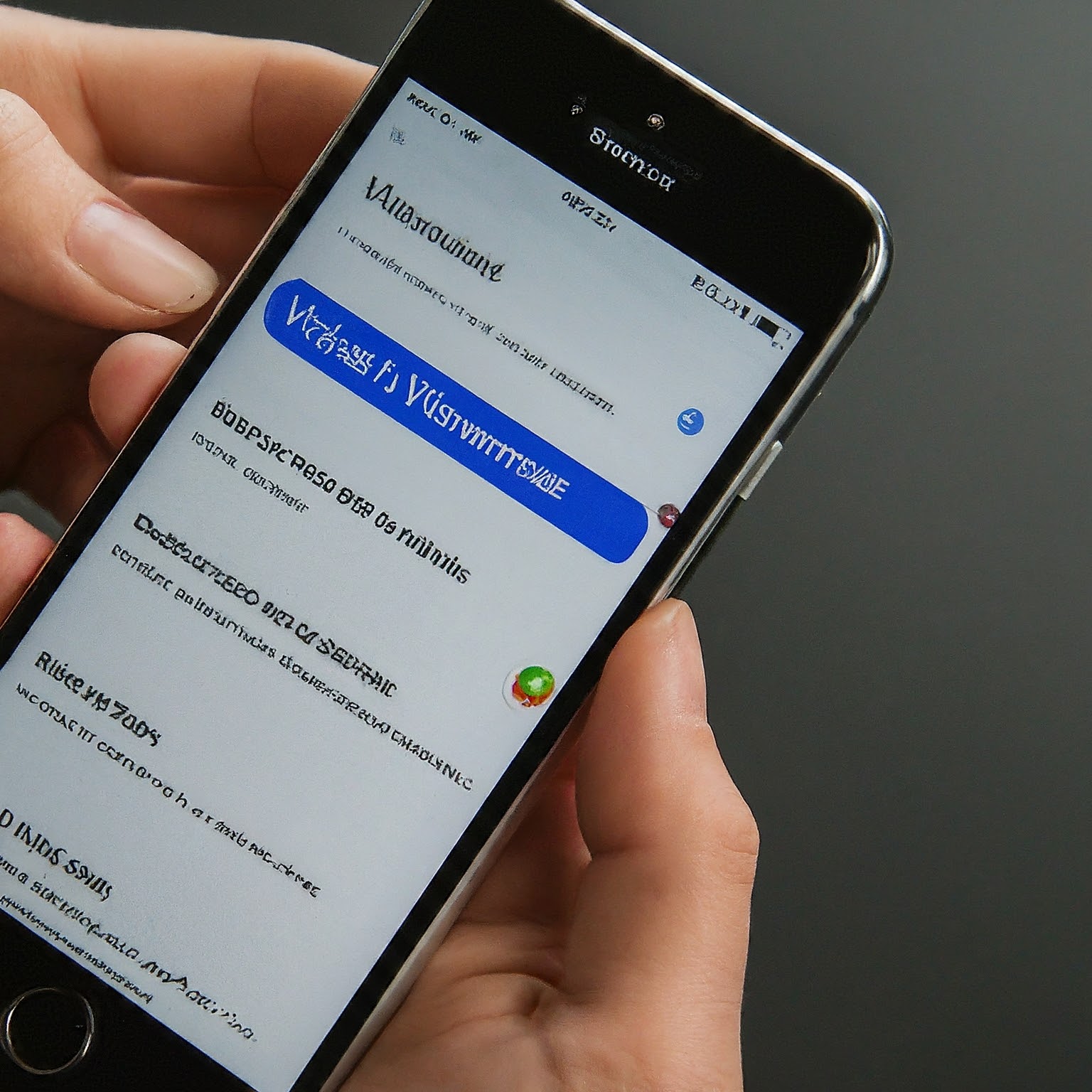The history of entertainment is filled with mergers and acquisitions, but few have been as dramatic and short-lived as the union of AT&T and Warner Bros. In 2016, AT&T, the telecommunications giant, set its sights on Warner Bros., the iconic Hollywood studio. The promise? To create a media powerhouse that would dominate the ever-changing landscape of entertainment.

This article delves into the story of AT&T and Warner Bros., exploring the motivations behind the merger, the challenges it faced, and the ultimate birth of Warner Bros. Discovery, a new entity formed from the ashes of the AT&T-WarnerMedia union.
A Marriage of Convenience: AT&T’s Dream of Vertical Integration
In 2016, the entertainment industry was undergoing a seismic shift. Streaming services like Netflix were rapidly gaining popularity, threatening the traditional cable model that AT&T relied heavily on. To combat this, AT&T saw an opportunity in acquiring Warner Bros. This acquisition, valued at a staggering $85.4 billion, promised AT&T several advantages:
- Content Ownership: Warner Bros. boasted a vast library of popular films and television shows, including DC Comics superheroes, Harry Potter, and Friends. Owning this content would give AT&T a significant edge in the streaming wars.
- Vertical Integration: By controlling both content creation (Warner Bros.) and distribution (AT&T’s vast network), AT&T aimed to create a vertically integrated media giant. This would allow them to have greater control over the entire entertainment experience, from production to delivery.
- Synergy: AT&T envisioned cross-promotion opportunities between its telecom services and Warner Bros. content. Imagine exclusive HBO Max subscriptions bundled with AT&T internet plans.
On paper, the merger seemed like a strategic masterstroke. However, the path to wedded bliss was far from smooth.
The Honeymoon Ends: Challenges and Shortcomings
The dream of an AT&T-Warner Bros. utopia faced several challenges:
- Cultural Clash: The corporate culture of AT&T, a large, bureaucratic telecommunications company, clashed with the more creative and freewheeling environment of Warner Bros. This led to frustration and resentment on both sides.
- Debt Burden: The massive cost of the acquisition burdened AT&T with significant debt. This limited their ability to invest in new content and innovation.
- Focus Shift: AT&T’s focus shifted towards maximizing shareholder value, leading to concerns within Warner Bros. about creative freedom and long-term vision for the studio.
These challenges hampered the promised synergy between the two companies. The hoped-for cross-promotion opportunities never fully materialized, and HBO Max, the streaming service launched under AT&T ownership, struggled to gain traction against established players like Netflix and Disney+.
The Unwinding: Birth of Warner Bros. Discovery
By 2 021, it became clear that the AT&T-Warner Bros. marriage wasn’t working. AT&T began exploring strategic alternatives, ultimately deciding to spin off WarnerMedia (which included Warner Bros.) and merge it with Discovery, Inc., a media company known for its reality TV programming.
The merger, finalized in April 2022, created a new entity: Warner Bros. Discovery. This new company combined the vast content library of Warner Bros. with Discovery’s strong foothold in reality TV and unscripted programming.
Warner Bros. Discovery: A New Chapter
Warner Bros. Discovery inherits a complex legacy from the AT&T-Warner Bros. merger. The new company faces several challenges:
- Debt Reduction: Warner Bros. Discovery still carries a significant amount of debt from the original acquisition. Managing this debt will be crucial for future investments.
- Streaming Wars: The streaming landscape remains intensely competitive. Warner Bros. Discovery needs to find a way to differentiate HBO Max and attract new subscribers.
- Content Strategy: Balancing the creative legacy of Warner Bros. with the commercial needs of the new company will be essential for success.
However, Warner Bros. Discovery also has several advantages:
- Content Library: The combined content library of Warner Bros. and Discovery is one of the most extensive in the industry.
- Streaming Expertise: Discovery has a proven track record of success in the streaming market.
- Synergy Potential: There are real opportunities for synergy between the two companies, such as developing scripted content based on Discovery’s popular reality TV franchises.
The future of Warner Bros. Discovery remains uncertain. However, the company has the potential to become a major player in the entertainment industry, provided it can navigate the challenges it faces and leverage its unique assets.